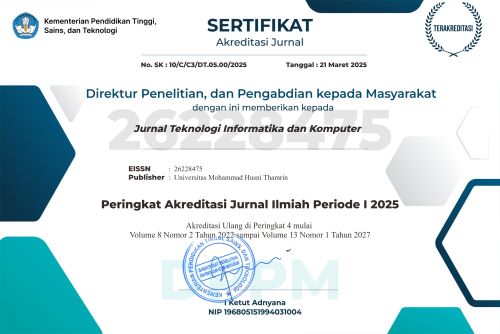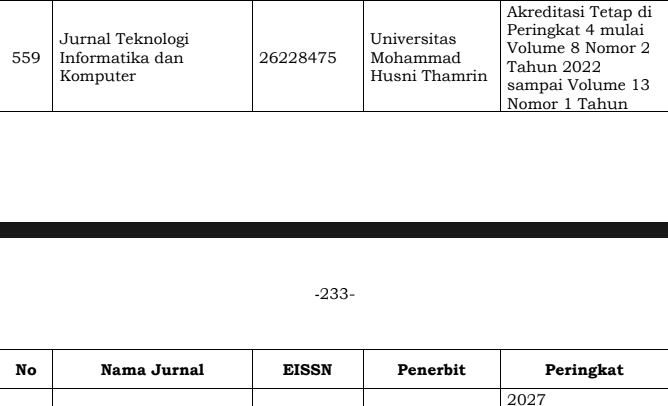Peer Review
Peer Review Process
- All submissions will be double blind peer reviewed.
- All papers are expected to have original content. They should not have been previously published, nor be under simultaneous consideration by another academic journal.
- Prior to the sending out to refrees, editors check that the paper fits with the mission statement of the journal.
- The journal seeks minimum two independent refrees. All submissions are subject to a double blind peer review; the identity of both the reviewer and author are always concealed from both parties. If one of refrees gives a negative feedback on a paper, the paper is sent to another refree. If the paper takes again a negative feedback from the new refree, this means that the paper will not be accepted to the journal.
- All submitted papers and refree reports are archived by JTIK. Submissions whether they are published or not are not returned.
- The editorial board decides to publish a paper in the journal according to refree reports. If one of refrees offer some corrections to a submitted paper, the paper is sent back to the author. It is required for authors to make corrections in their papers within the prescribed time.
- Authors who want to give up publishing their paper in JTIK after the submission have to apply to the editorial board in written.
- Then, final approval is needed from the corresponding author before it is published in the upcoming issue.
- Papers out of JTIK’s writing and style guidelines are not received for consideration.
- Authors are responsible from the writing quality of their papers.
- JTIK will not pay any copyright fee to authors.











